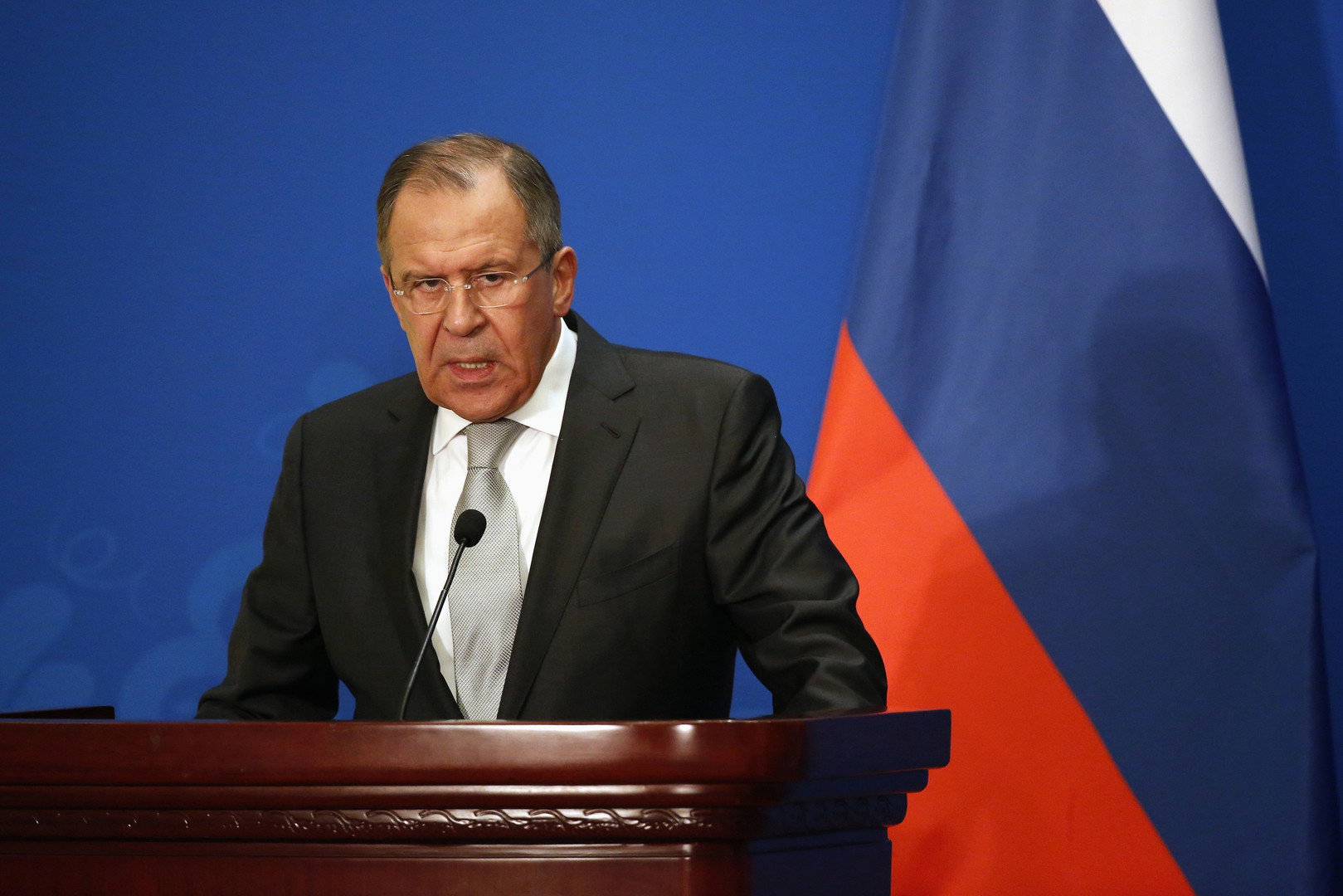Monday, January 15

RUSSIA RENEWED
Russia’s foreign minister to review nation’s foreign policy

Sergei Lavrov will review the year in Russian diplomacy at an annual press conference today.
With the West engrossed in domestic challenges and a crisis on the Korean Peninsula, President Putin has capitalised to re-establish Russia as a major global power.
Having reinvigorated a new grand strategy, Russia has utilised clever soft power strategies, incorporating cyber, trade, political and financial tactics to pursue a range of objectives across multiple regions.
In Syria, for example, US President Donald Trump’s “America First” policy has cost Washington legitimacy, allowing Russia to position itself a major player and key mediator in the conflict. In the EU, Putin executed sophisticated disinformation campaigns and funded outlying far-right parties to enflame anti-establishment sentiment as the bloc continues to battle the fallout of the immigration crisis.
While Mr Lavrov’s message is yet to be unveiled, Russia’s foreign policy transcript speaks for itself.
RUSH FOR RENEWABLES
Abu Dhabi energy summit shines spotlight on renewables

The three-day World Future Energy Summit begins today in Abu Dhabi, where some 30,000 delegates will explore opportunities to develop clean and efficient energies.
Though one of the world’s largest oil producers, the UAE has adopted a 44% renewable energy target by 2050. In the sun-scorched country, much of this power is likely be generated through solar, a key topic during this week’s conference.
The trend is similar throughout the Middle East. As part of its Vision 2030 diversification plan, neighbouring Saudi Arabia intends to generate 9.5 gigawatts of renewable energy by 2030.
Expect an increase in major investments in renewables throughout the Middle East in the coming years. For example, in the UAE, investment in the Sham solar fields has proved successful; Abu Dhabi will likely construct at least two more fields in the next few years. Though it will be costly in the short term–as reliable and efficient renewable technologies cannot yet be produced cheaply– investment in renewables will allow a greater portion of extracted fossil fuels to be exported, providing crucial external revenue to desperate economies, like that of Saudi Arabia.
MNANGAGWA’S MISSION
Zimbabwe’s new president pursues stronger trade ties with Namibia

Zimbabwe’s recently installed president, Emmerson Mnangagwa, will visit Namibia—his second overseas visit since taking power in November.
Following 2017’s coup, which resulted in long-time President Robert Mugabe’s forced resignation, Mr Mnangagwa needs to make a good impression to resuscitate Zimbabwe’s ailing economy.
This trip forms part of Mnangagwa’s charm offensive designed to attract greater foreign investment and improve regional and continental trade by briefing Zimbabwe’s neighbours on the status of domestic liberalisation. This is predicted to generate significant opportunities in the formal and informal sectors.
Namibia’s president has described his nation’s bilateral trade with Zimbabwe—valued at a measly $1.9 million in 2016—as unacceptable, and is determined to consider new areas of cooperation to revitalise bilateral trade. However, Namibia only ranks 20th on Zimbabwe’s list of trade partners and produces similar goods in mining and agriculture.
As such, the exact outcome of today’s talks remains uncertain.

